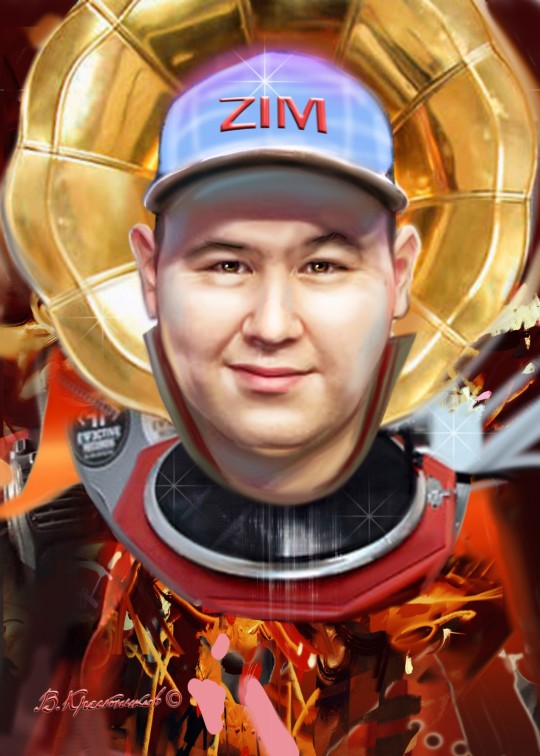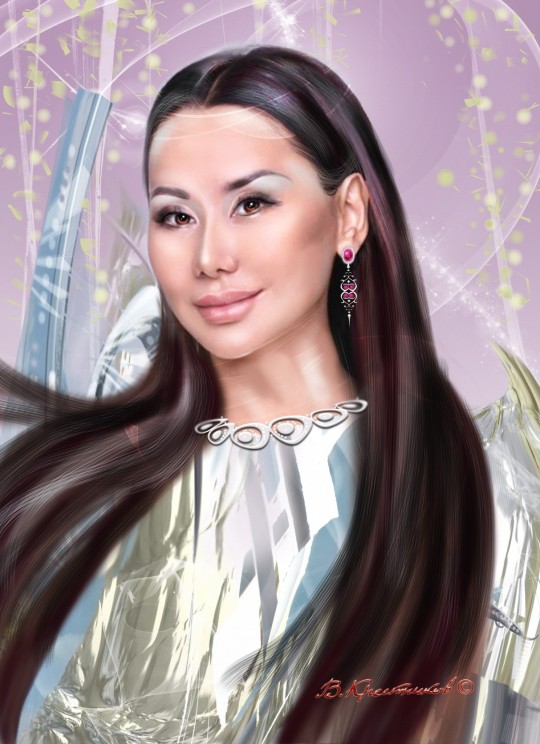#dimash pictures
Photo


Source
Dimash Qudaibergen Photoshoot - My edits
#dimash#dimash kudaibergen#dimash qudaibergen#dimash photos#dimash photoset#dimash pictures#DQ#dimash photo
7 notes
·
View notes
Text

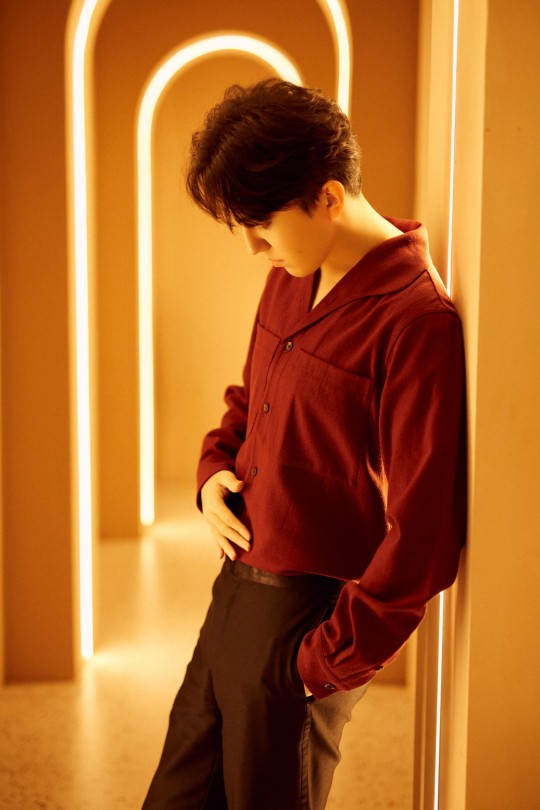
Dimash Qudaibergen
#dimash#dimash kudaibergen#димаш#beauty and grace#dimash qudaibergen#The second picture is making me feel certain feels like unffff
25 notes
·
View notes
Text
When he says

He actually means taking selfies while being on a tennis court 😂



20 notes
·
View notes
Text

Wheew
#dimash kudaibergen#i love that he uploads more pictures of the same day#he has a very deep eye looking god
12 notes
·
View notes
Photo





jordanarakelyan #РамирЕрланович
29 notes
·
View notes
Photo
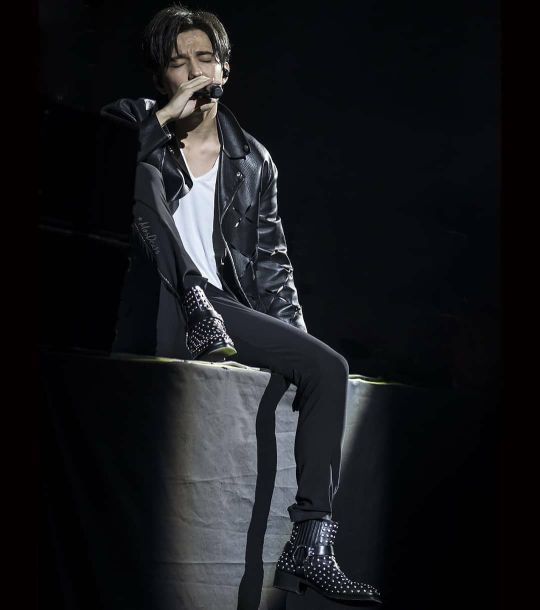
Isabella73 – Dimash Dear on Instagram: “Yet another beautiful picture if Di in this position. Yekaterinburg Arnau concert, 23 Feb 2020. Repost @moscowdears #dimash #Димаш #迪玛希…”
#arnau#beautiful#Concert#dear#Dimash#Feb#Instagram#Isabella73#moscowdears#picture#position#Repost#Yekaterinburg#димаш#迪玛希
0 notes
Note
Every single fandom has bad side that is unique to them. In Tom’s fandom, it’s the fact that they can’t move tf on. They would bring shit up that happened years ago thinking it’s still somehow relevant. Bring girls into the conversation as if they were in the picture for more than two minutes. A blink of an eye and they were no longer in his life and some fans still think they are relevant. They also still think he is peter pan or some shit where he isn’t allowed to grow or change his mindset.
Now with Z fandom, it’s the fact that they think anyone that isn’t in Z’s life is automatically worthless. They see her as this bigger/otherworldly person and their job is to keep her in this high pedestal. I came across a tweet today and it irked me so much about T because they preach about mental health when Z talks about it yet they still make viral tweets to diss on him (especially his looks for some weird reason). Even after knowing now how he feels about it and how it affects him mentally. They never learn. They are so oblivious to the shit they do. They know how to point fingers at other fandoms but they have no self-reflection.
I keep saying I’m so tired of fandoms because they are all just as bad as each other. It’s never fun but it’s how I escape from real shit lol.
Yep. Yep. Yep. I often complain about fandoms too. I mean like for example Dimash’s fandom’s average age is higher than Tom’s and you would think they would act more rationally or more adult-like, but nope. Not even close. In some ways they are even more juvenile than Tom’s fandom…..Fandoms , no matter which fandom, no matter what age group, they all suck in one way or another.
4 notes
·
View notes
Text
新贵妃醉酒 - Translation Notes
For my translation of this song, see this post. Listen to the original version of the song here. Below are some extensive translation notes for this song- be aware that there is a lot of cultural context for this one.
So I decided to take a hand at translating this one after I realized it was one of the few songs by Li Yugang that has garnered significant western attention due to the mash-up performance with Dimash. That performance was definitely something to behold, so I highly recommend it! Also recommend this version where a few lucky (and extremely talented) fans get to sing with him.
This song is emblematic of why translating Li Yugang songs is so difficult- most of his songs are based on pre-existing Beijing operas, famous Chinese historical events, paintings with cultural significance, etc, and the lyrics border on nonsensical without the proper context. So without further ado...
---
The Context
This song is based explicitly on the Beijing opera piece, <贵妃醉酒> by 杨玉环 (Mei Lan-Fang), usually translated as “The Drunken Concubine” but more accurately probably means something like “The Intoxication of the Imperial Consort.” The song is named after the opera- the name simply adds the character “新” (for “new”) in front of the opera name, indicating that this is a new way (in pop song format) of telling the tale of The Drunken Concubine.
You can read some more about the general plot of the opera here, but the gist is that the imperial consort has prepared a banquet for her lord emperor, but he has reneged on his promise and is instead spending the night with other concubines. Filled with bitterness and jealousy, she drinks herself into a deep state of intoxication.
This opera is actually one of many based on the actual historical figure of Yang Yuhuan, or “Yang Guifei”, where the Guifei “贵妃” refers to her status as one of the highest imperial consorts to the Tang dynasty Emperor Xuanzong. You can read more about her life here. The political strife happening during her husband’s reign and her own tragic end have led many future generations to mythologize her life.
While this song by Li Yugang is rooted in imagery based on The Drunken Concubine, most of the actual lyrics are based on the Tang era poem <长恨歌> (Song of Everlasting Regret) by poet 白居易 (Bai Juyi). You can read the text here. This poem is our primary source for a lot of Yang Guifei’s life and affair with the Emperor.
---
Line by Line Translation Notes
As usual, I’ve done a more literal pass over the hanzi here to clarify some of the choices I made in my translation.
那一年的雪花飘落梅花开枝头 // That year’s snowflakes fell, the plum blossoms bloomed at the tips of the branches
那一年的华清池旁留下太多愁 // That year, the banks of Huaqing Pool were left with too much sorrow
The first line paints a picture that is quite common in classical Chinese art. Plum blossoms often bloom late in the winter when snow still covers the trees, and thus are seen as harbingers of spring. Despite the presence of the snow in this line though, I think it’s likely referring to a scene in the early spring rather than the winter due to the context of the next line-
In the second line, Huaqing Pool refers to hot springs in modern Shaan’xi, China. It’s famous for being the supposed site of the Emperor Xuanzong’s romance with Yang Guifei, as recorded by Bai Juyi in the Song of Everlasting Regret (mentioned above). In the song, their romance begins on a cold day in the early spring, when she was bathing in the pool, hence that first line.
( As an aside, we don’t know if this has any actual historical basis, but if true, it would be quite poetic as the site was destroyed in the events of the An Lushan Rebellion, which ultimately led to Yang Guifei’s death and Xuanzong’s abdication. )
不要说谁是谁非感情错与对 // Don’t talk about who was right or who was wrong, feelings that are wrong and right
只想梦里与你一起再醉一回 // [I] just want to be drunk with you one more time in a dream
The first line is quite repetitive since it makes two explicit references to “right or wrong”, once in regards to people (”who”) and once in regards to emotions/feelings. But there’s some nuance to the wording here. When we talk about “是非”, there’s an implication of “true/false”, or a sense of “being true” (是) vs “being at fault/to be blamed” (非). The “对错” dichotomy used to describe their feelings in the second half of the line is a much more direct “right/wrong”. I tried to capture that as much as possible in my translation of this line.
The second line translates pretty clearly- it’s just much less poetic, so I wanted to try and get some of the tone across in my translation rather than the literal version of the line. In particular, the word “醉” for drunk/intoxicated in Chinese can be used as both an adjective and a verb directly. In English, we can only really say “to get drunk” which sounds a bit crass.
These two lines together reference back to “The Drunken Concubine” version of Yang Guifei’s character, including the idea of her feeling left behind by her Emperor.
金雀钗玉搔头是你给我的礼物 // Goldfinch hairpins and jade hair ornaments are gifts you gave to me
霓裳羽衣曲几番轮回为你歌舞 // The Raiment of Rainbows and Feathers, [I] danced and sung for you many times over
In the first line, “金雀钗玉搔头” doesn’t translate very gracefully because the type of hair ornament doesn’t have an English equivalent. A lot of hair ornamentation and jewelry was fashioned with imagery of birds (goldfinches, swallows, etc) and often made of jade. Here’s a post compiling what these ornaments might have looked like.
In the second line, “霓裳羽衣曲” actually refers to a specific Tang dynasty song that’s usually translated as “Raiment of Rainbows and Feathers.” The song describes a myth of Emperor Xuanzong- in his desire to meet “神仙” (celestial/immortal beings), he travels to the Moon Palace (月宫) where he meets many “仙女” (celestial maidens). There are conflicting records regarding the origins of the piece. One text saying that the Emperor travelled to the mountains and was inspired by a dream in which he travelled to the Moon Palace. Another record reveals that it’s likely the tune was adapted from a “western” (aka Indian) piece known as the “Brahman Tune.” Historians generally believe the truth is somewhere in the middle.
Regardless, the performance of this piece includes extensive singing, dancing, and instrumentation, and it is considered one of the greatest pieces of Tang dynasty art recorded. You can watch a modern rendition of this performed by Li Yugang himself here.
Both these lines have specific references to lines from the Bai Juyi’s poem. The goldfinch jewelry is referenced in Line 40 as part of what she wore when she was sentenced to death, and Line 98 references the Emperor’s memories of her beauty when she danced the Raiment of Rainbows and Feathers.
剑门关是你对我深深的思念 // The Jianmen Pass is your deep remembrance for me
马嵬坡下愿为真爱魂断红颜 // Below the Mawei slopes, a beautiful young woman is willing to break her soul for true love
The Jianmen Pass is a mountain pass in the Sichuan province of China. It’s famous for being incredibly narrow and hard to travel through, but also one of the key positions for armies to gain control of the Sichuan region due to its strategic location. In the context of this song, it refers to Emperor Xuanzong’s retreat to Sichuan during the An Lushan Rebellion, after which he abdicated the throne. Yang Guifei dies at Mawei before they actually manage to cross the mountain pass.
Jianmen is referenced in Line 44 of Bai Juyi’s poem, as part of the Emperor’s mourning after Yang Guifei’s death. I’ve interpreted this line to mean that the harsh trip through the mountain pass became part of the Emperor’s profound sense of “思念”, a longing remembrance for something that is now gone.
The second line goes into more detail on the end of Yang Guifei’s life, making explicit reference to “马嵬坡” (Mawei slopes), the name of the place she died, and where she was buried.. Here, her willingness to sacrifice herself for her love is described with “魂断红颜.” The words “魂断” literally translates to “to break/cut short [one’s] soul/spirit”, and in context, can refer to both a physical and spiritual death. The characters in “红颜” literally translates to “red/rosy cheeks” and used together refers to a young and beautiful woman.
In this case, “a young woman dies at the bottom of the Mawei slopes for [the sake of] true love.”
爱恨就在一瞬间 // In a single moment, love and hate
举杯对月情似天 // Raised their glasses in a toast towards the moon, feelings like the sky/heavens
爱恨两茫茫 // Love and hate, the two are boundless
问君何时恋 // Ask [my] lord when you will love
The first line and the first half of the second line part of one sentence, while the second half “情似天” (feelings like the sky/heavens) kind of breaks off into its own thought, but the general imagery for all of the first 3 lines is the joining of both love and hate as emotions that are boundless and, in the singer, the two have joined together in her thoughts towards her lord.
The last line here is a little more difficult to translate because the singer is asking “君” (a pronoun sometimes translated to lord or gentleman, but generally describes a man of high moral standing in particular) when he will “恋” (love). In Chinese, there is a distinction between “爱” and “恋” when referring to love. The first generally encompasses the concept of love (familial, platonic, romantic) in general- it is the direct opposite of the word “恨” for hate. “恋” on the other hand refers specifically to romantic (and sexual) love. It’s sometimes translated as “passion”, but it doesn’t necessarily need to be what we think of as passionate.
This whole section is a reference back to the plot of the original opera <贵妃醉酒>, where Yang Guifei is drinking alone in the night, full of jealousy and bitterness towards a lord that has chosen the company of others.
菊花台倒影明月 // The chrysanthemum terrace reflects the light of a bright moon
谁知吾爱心中寒 // Who could know that my love could [turn] my heart so cold
醉在君王怀 // Drunk in the embrace of my lord
梦回大唐爱 // Dreams take me back to the love of the Great Tang [dynasty]
For the first line, the significant part is the reference to the chrysanthemum flower. It’s often seen as a flower of nobility, and is considered one of the “四君子” (Four Lords/Gentlemen) of Chinese flowers. In this song, the chrysanthemum terrace is likely meant to evoke the nobility/royalty of the lord the singer is waiting for- the fact that he is not there and only the moonlight remains reflecting off the surface is a poignant image.
Interestingly enough, if we want to take the interpretation further, there’s some other room for analysis. The chrysanthemum is a contrast to the plum blossoms mentioned at the beginning of this song as heralds beginning of autumn. They can be made into chrysanthemum wine, which is often drunk for longevity and good health- this links back to the liquor imagery in the rest of the song. Because of their associations with longevity in general, they’re also common funeral flowers, and as we know from the earlier, this song is written from the point of view of a singer who is already dead.
The second line is a bit ambiguous- the phrasing of the original Chinese line could mean “who could know” (as in, how could anyone else see/understand) or it could be “who would have known” (as in, who could have predicted such an unexpected outcome). The English phrase “who knew” leans towards the second, but I went with it because it sounds a little more natural.
In the third line, I translated “君王” as “my lord” just like I did with the “君” alone earlier, but it’s worth noting that the extra “王” in this word means “king” so it is probably more along the lines of “majesty” than just “lord.”
The final line of the song refers to the singer dreaming again of “大唐爱” (literally love of the Great Tang). “大唐” is usually how we refer to the Tang dynasty in general.
I’ve chosen to interpret this line to mean that the singer is remembering her time in the great Tang palaces as part of the dynasty before everything fell apart and the Emperor was forced to flee. As a result, I’ve appended “palace” to this line in my translation since just making a reference to “Tang” sounds awkward and doesn’t mean anything to an English speaking audience.
---
And that is all for my notes on this song! This ended up being much longer than I originally anticipated, but there was just so much literary and historical context behind this one. I ended up learning a bunch of things while researching this, and I hope someone else finds this as fascinating as I do!
Li Yugang has a lot of love for classical Chinese culture, and even more than that, he wants to bring it to a larger audience through his own blend of pop music and traditional Chinese operatic poetry. I really enjoyed working on this, and will try to do a few more of his songs in the future!
#新贵妃醉酒#李玉刚#w: cultural context#notes#historical background#chinese history#chinese literature#chinese opera#li yugang
5 notes
·
View notes
Video
youtube
(via Димаш Құдайберген - Самалтау - YouTube)
HOLY SHIT
This is giving me the best chills, from when the “horse” was neighing to when Dimash started singing. Such power with so simple instruments and melody. Every little part is highlighted in the best way.
I have no idea about the lyrics, but I can picture the vast immensity of the steppe, man being just a little small piece of nature, but having such a depth of yearning and feeling it takes up the whole night sky.
#dimash#dimash kudaibergen#stop giving me heart attacks#i was not ready#i did not expect this#best best singer#i know i make no sense
40 notes
·
View notes
Text
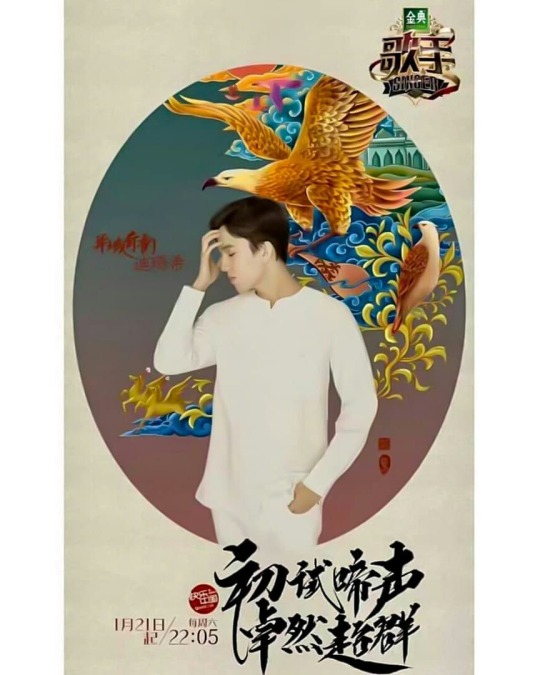

Today is the Anniversary of Dimash's iconic performance of 'SOS D'un Terrien En Détresse' on The Singer 2017
"21.01.2017
From @kudaibergenov.dimash
«The golden eagle, the sacred dombra, the winged horse, the holy house of Allah, national ornaments - the Hunan TV channel in this way pictured my essence, my way of life! Today I will be the first to perform! I believe that all Kazakh people will support me.»
7 notes
·
View notes
Photo

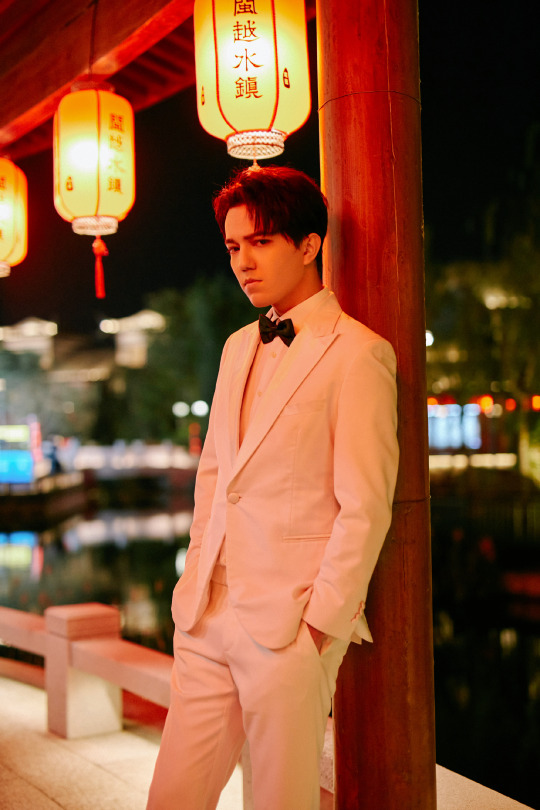
Please help...I can’t cope. 🔥🔥
Dimash Photoshoot on Weibo
#dimash#dimash qudaibergen#dimash kudaibergen#DQ#dimash photoshoot#dimash photos#dimash photoset#dimash pictures#dimash music
5 notes
·
View notes
Text
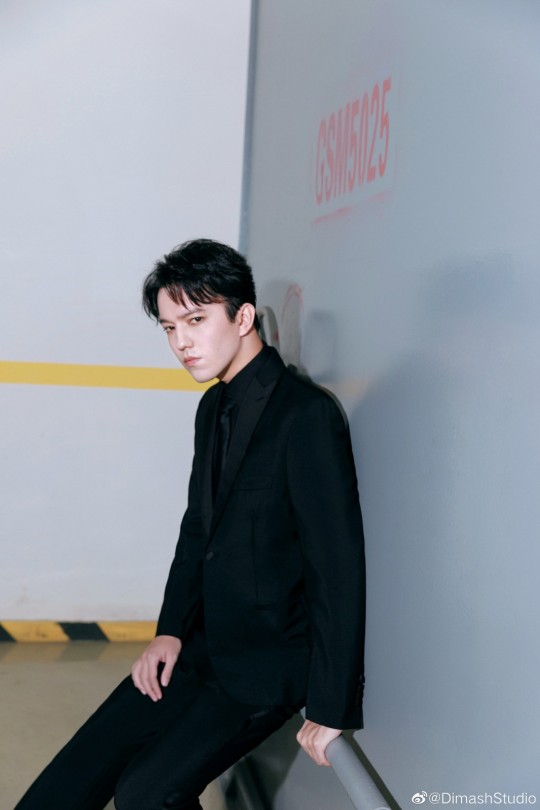
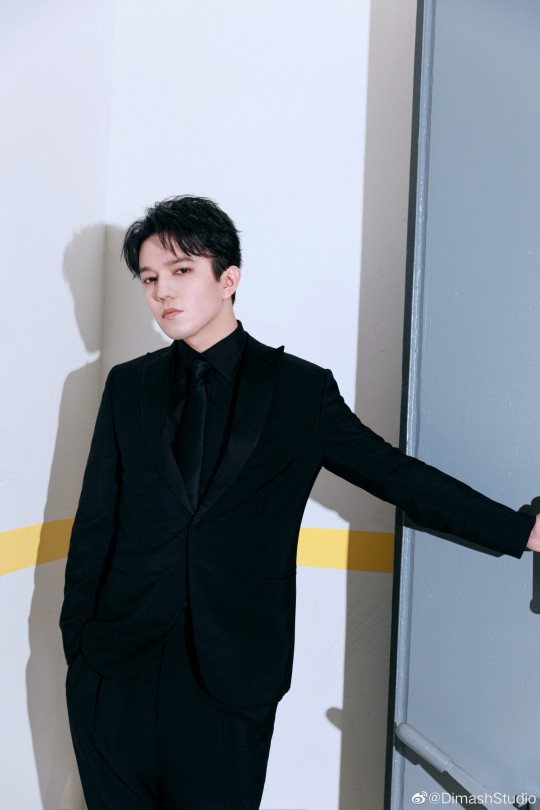
Dimash Qudaibergen at the Beijing International Film Festival · The 28th College Student Film Festival 2021
#dimash#димаш#beauty and grace#dimash qudaibergen#dimash kudaibergen#DQ#He's back in China baby#Living for these pictures
1 note
·
View note
Text
Random phrases
Main vocab from lesson on 新闻 xin1 wen2 (news)
安检员 – an1 jian3 yuan2 (security guard)
安检机 – an1 jian3 ji1 (security machine) -> aka the security scanner at the airport
发现 – fa1 xian4 (to realize) -> i.e. 我最近发现我忘了很多中文 (I recently realized I forgot a lot of Chinese)
出现 – chu1 xian4 (something came out suddenly/you realize something suddenly) -> i.e. 我的房子里出现了一条蛇。(A snake came suddenly in my house). Another example: 我和我老公出现了一些问题。(My husband and I realized there were some problems)
奇怪的 – qi2 guai4 de (weird, strange) -> i.e. Dimash的音乐有很奇怪的声音。(Dimash’s music has a very strange sound)
吓坏 – xia4 huai4 (scared so much that I[or whatever the subject is] was broken) -> two ways to use it: 1. 吓坏我了!(I got scared!) or 2. 这条蛇吓坏了我!(This snake scared me!)
原来 – yuan2 lai2 (originally (implies that the original situation is no longer the case now)) -> two ways to use it: 1. 原来我以为我男朋友会说中文 (I originally thought my boyfriend could speak Chinese [implies that he actually can’t]), or 2. 我原来是学生 (I was originally a student [implies that you are no longer a student])
旅客 – lv3 ke4 (traveler/passenger)
担心 – dan1 xin1 (wory) -> i.e. 不要担心 (don’t worry), 我担心我会忘记我的中文 (I worry that I will forget my Chinese)
钻 – zuan1 (to crawl into something/to go headfirst into something) -> i.e. 钻进一个桶里 (crawl into a bucket)
检查 – jian3 cha2 (to check/examine) -> i.e. 检查功课 (to examine homework), 去医院检查身体 (qu4 yi1 yuan4 jian3 cha2 shen1 ti3) (go to hospital to examine body)
Other vocab
图片 – tu3 pian4 (pictures) -> my 老师 said that you use this word when you’re describing pics of other places/things that you didn’t take the photo of. She said you use 照片 (zhao4 pian4) when you’re describing pics of family/friends/people you know that you took.
踩一下 – cai1 yi1 xia4 (guess)
桶 – tong3 (bucket)
发给我 – fa1 gei3 wo3 (send to me)
扭伤脚踝 – niu3 shang1 jiao3 huai2 (sprained ankle) -> 扭伤 = twisted, 脚踝 = ankle
吓死 – xia4 si3 (scared to death)
段 – duan4 (paragraph)
被子 – bei4 zi (quilt, blanket) -> i.e. 钻进被子里 (crawl under the blankets)
X-光 – X-guang1 (X-ray) -> literally means “X-light”
27 notes
·
View notes
Photo



In celebration of Dimash's 25th birthday, here are some beautiful close-up pictures. Golden Dimash, Dimash of Light and Dimash of Darkness (seriously though, the selection was unintentional :D)
#Dimash#Dimash Kudaibergen#I can't believe he was only 24 and/or less until now#he's so mature in many ways#<3#publicity photos#not mine of course
9 notes
·
View notes
Text
S.O.S. d’un terrien en detresse
In the summer of 2017, Ten went to work with Wilson on a new long program. Two years earlier a friend had sent him a clip of a young man performing a song in a singing competition in China - “S.O.S. d’un terrien en detresse”, from the French/Quebecois cyberpunk rock opera “Starmania”.
“It’s about an earthling in distress, almost as if they are calling out to the heavens of the universe ore extra-terrestrials to please help me”, Wilson explained. “It has a ‘this life is crazy’ kind of message.
“I had been watching Denis for years and loved him and his skating so when he decided to come to me last summer, I was really excited.
I started looking for music and then I remembered the piece my friend had sent. I thought ‘this would be amazing’. Denis was like a boy in a bubble. You didn’t really know what he was thinking or feeling, but I just had this sense that it might be interesting to him.
So I fired off an email to him saying ‘I can only find clips of this song; I don’t know if we can even find a proper recording; I don’t know who this boy is but the song is incredible. I don’t know if you are interested in doing a French song - what do you think?
Denis wrote back, ‘you are not going to believe this. I know exactly who this is. As a matter of fact, I just met him because he happens to be Kazakhstani.’
I had no clue. I thought he was Chinese - he was on a Chinese singing show. He has this unusual name Dimash (Kudaibergen). Denis sent me a picture of himself with the guy. They had meet a week before my e-mail at some function of famous Kazakh people. Dimash told him then he would love to sing for him when he skated in a show or something. So they had already made a connection.
Denis reached out to Dimash. He had never recorded the piece so we created a version of the song, edited it to what we wanted and sent it to him. Dimash went into the studio and recorded the song just for Denis. It was fantastic. When does it happens?
It was so bittersweet last year. Denis struggled with injuries all season and couldn’t skate the program the way he wanted to. It is the kind of piece that really requires you to skate from deep within. But he loved the program so much. There was something about the song that actually touched him - the meaning of the words and the music that he connected with, and the connection with the singer and the nationalistic pride was great.”
Wilson thought Ten had retired after the 2018 Olympic Games, so he was surprised to receive an e-mail from him in early July. “I decided to stay in the sport for another year and I wanted to keep the Dimash program,” Ten wrote “It would likely need some changed based on the new rules and perhaps some cosmetic updates. I was wondering if we could arrange that?”
Wilson wrote back:”Absolutely! Whenever you want to come, just come. I was thinking, ‘wow, we get another chance.’ When he finished the program last year his mother, who does not speak much English, had tears in her eyes. She said ‘You brought out a side of my son that I have never seen before’. So, I knew there was something that spoke to him. I was thinking that now he has a chance to do this the way he wants to this season.”
“The words of the song for the program kind of foretold what has happened in a eerie way,” Wilson added, “His death was so tragic. I still really can’t believe it. I was reading his e-mail again the other night and I was tempted to respond - like, how can this be true?”
- from IFS MAGAZINE October 2018
youtube
#Denis Ten#D10#denisten#dimash kudaibergen#I love this song to pieces#I love this program to pieces#I can't believe I will have the honour to hear this song live tonight#i still can't believe it#I'm so grateful to have this chance since I missed the chance to see Denis performing this program live#4 months without you#ThankYouD10
11 notes
·
View notes

